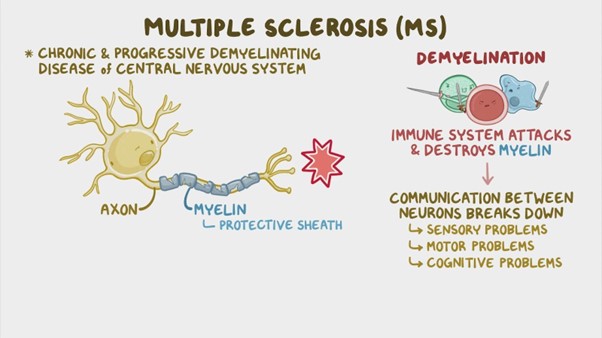A nurse is supervising an assistive personnel (AP) who is applying antiembolic stockings for a client. Which of the following actions by the AP requires intervention by the nurse?
Ensuring that creases in the stockings are on the front of the client's legs
Applying the stockings before the client gets out of bed
Asking the client to point their toes before applying the stockings
Turning the stockings inside out before applying them
The Correct Answer is A
Choice A rationale:
This action requires intervention by the nurse. Antiembolic stockings should be smooth and free of creases to ensure even pressure distribution along the legs. Creases, especially if on the front of the legs, can lead to areas of increased pressure, which might compromise circulation and increase the risk of skin breakdown or clot formation.
Choice B rationale:
Applying the stockings before the client gets out of bed is correct. Antiembolic stockings should be applied before the client gets out of bed to prevent blood from pooling in the legs, which can help reduce the risk of deep vein thrombosis (DVT).
Choice C rationale:
Asking the client to point their toes before applying the stockings is a correct action. This helps in the proper fitting of the stockings and ensures they are applied smoothly without causing discomfort.
Choice D rationale:
Turning the stockings inside out (at least down to the heel) before applying them is a common technique to make it easier to position the stocking on the foot and leg properly. This method helps avoid excessive stretching of the stocking and ensures a better fit.
Nursing Test Bank
Naxlex Comprehensive Predictor Exams
Related Questions
Correct Answer is A
Explanation
Explanation: The first step in bladder training is to assess the client's baseline bladder function and identify factors that may affect it, such as fluid intake, medications, or mobility issues. The other interventions are part of bladder training but should be implemented after assessment.
Correct Answer is A
Explanation
Choice A reason:
"Use a cane when walking to maintain your balance" is the correct statement Multiple sclerosis (MS) is a chronic autoimmune condition that affects the central nervous system, leading to various neurological symptoms. Mobility and balance issues are common among individuals with MS, and using a cane can be helpful in providing stability and support while walking. It can also reduce the risk of falls and improve the client's overall safety and confidence when ambulating.
Choice B reason:
"Plan to take a hot bath once a week to reduce stress” is not appropriate statement. Heat sensitivity is a common symptom in individuals with MS, and exposure to heat, such as hot baths or saunas, can exacerbate MS symptoms. It is generally advisable for individuals with MS to avoid excessive heat exposure as it can worsen fatigue and other neurological symptoms.
Choice C reason:
"Engage in a rigorous exercise program to maintain muscle tone" is not appropriate. While exercise is beneficial for individuals with MS, particularly in maintaining muscle strength and flexibility, it is essential to avoid a rigorous or overly strenuous exercise program. High-intensity exercise may lead to increased fatigue and exacerbation of MS symptoms. A personalized exercise plan that considers the individual's specific abilities and limitations is recommended.
Choice D reason
"Place a scatter rug in your bathroom to prevent falling" is not appropriate statement. Placing a scatter rug in the bathroom is not advisable, especially for individuals with mobility and balance issues like those with MS. Scatter rugs can create tripping hazards and increase the risk of falls. It is essential to keep the bathroom floor clear and use non-slip mats to improve safety.

Whether you are a student looking to ace your exams or a practicing nurse seeking to enhance your expertise , our nursing education contents will empower you with the confidence and competence to make a difference in the lives of patients and become a respected leader in the healthcare field.
Visit Naxlex, invest in your future and unlock endless possibilities with our unparalleled nursing education contents today
Report Wrong Answer on the Current Question
Do you disagree with the answer? If yes, what is your expected answer? Explain.
Kindly be descriptive with the issue you are facing.
